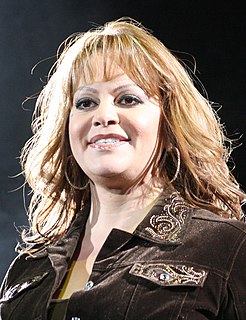A Quote by Haruki Murakami
People are drawn deeper into tragedy not by their defects but by their virtues.
Related Quotes
The sense of tragedy - according to Aristotle - comes, ironically enough, not from the protagonist's weak points but from his good qualities. Do you know what I'm getting at? People are drawn deeper into tragedy not by their defects but by their virtues. ... [But] we accept irony through a device called metaphor. And through that we grow and become deeper human beings.
...just as the edifice of all the virtues strives upward toward perfect prayer so will all these virtues be neither sturdy nor enduring unless they are drawn firmly together by the crown of prayer. This endless, unstirring calm of prayer... can neither be achieved nor consummated without these virtues. And likewise virtues are the prerequisite foundation of prayer and cannot be effected without it.
[Comedies], in the ancient world, were regarded as of a higher rank than tragedy, of a deeper truth, of a more difficult realization, of a sounder structure, and of a revelation more complete. The happy ending of the fairy tale, the myth, and the divine comedy of the soul, is to be read, not as a contradiction, but as a transcendence of the universal tragedy of man. ...Tragedy is the shattering of the forms and of our attachment to the forms...
I do find that I'm drawn to people in my life, romantically or not, that have something to teach me. I'm drawn to people who I feel like I can learn from. I'm not really drawn to toxic people - I don't find myself discovering that someone in my life is toxic very often. But there is some sense of being changed by each person that I think I'm drawn to.



































